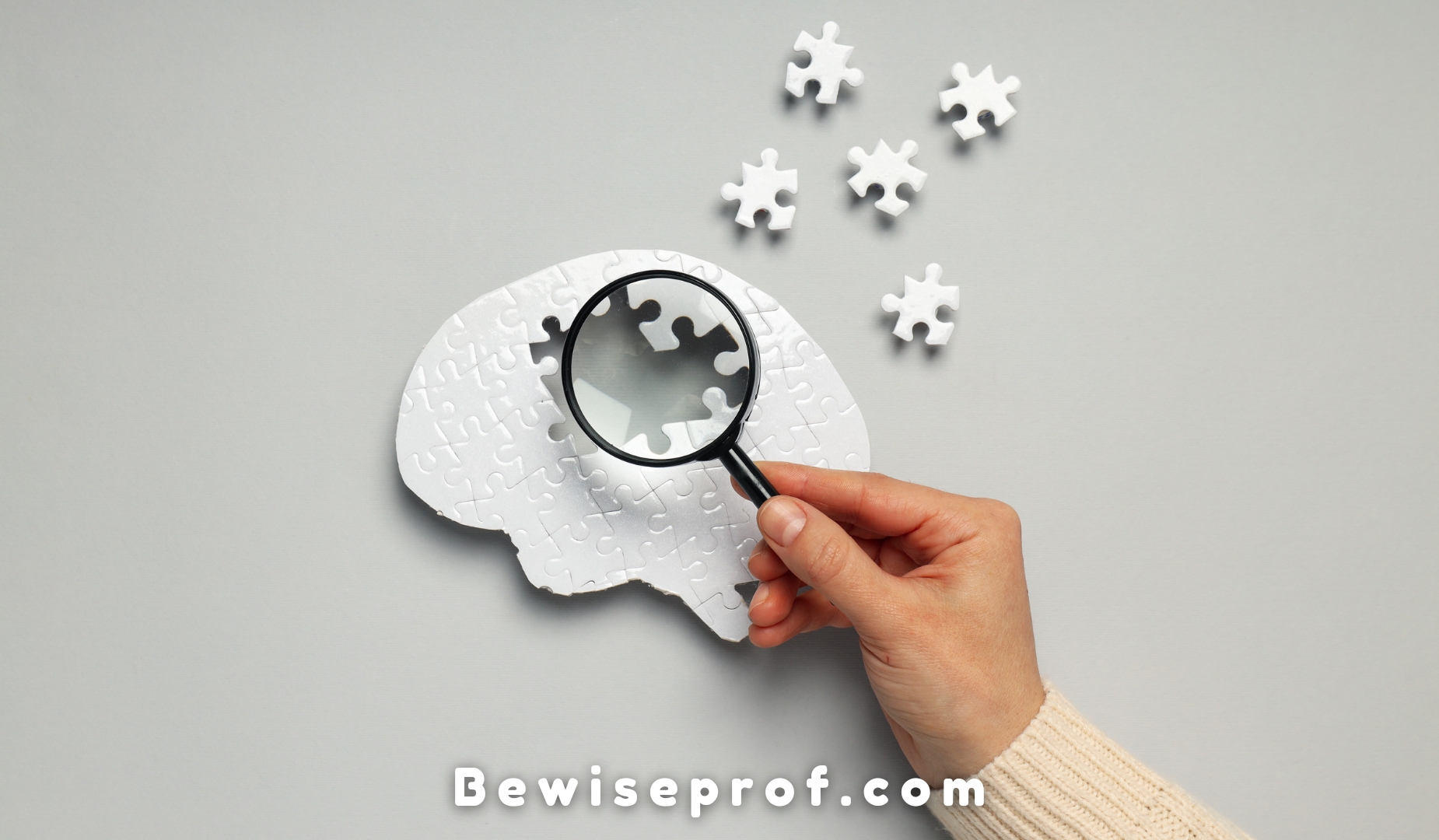A traumatic brain injury occurs from a bump or jolt to the head. This can temporarily affect your brain cells as they bump against the inside of your skull.
Recovering from a brain injury can mean long-term treatment in many different forms. Physical exercise is often part of that treatment and may be prescribed by a specialist or physiotherapist.
What does the term ‘traumatic brain injury’ cover?
In the UK there are an estimated 900,000 A&E visits due to a head injury, with around 160,000 of these admitted to hospital for treatment.
Brain injuries typically fall into two different classifications: traumatic brain injuries (TBIs) and non-traumatic acquired brain injuries (ABIs). Some examples of a TBI are:
- Concussion
- Edema
- Diffuse Axonal Injury
- Haematoma
- Skull fracture
If you have suffered one of these injuries as a result of negligence by another party, you may be entitled to compensation through making brain injury claims. Contact a firm of expert solicitors to help you start your claim.
Why is exercise used to treat brain injury?
The majority of TBIs allow the sufferer to maintain a normal level of physical exercise a few days after the injury occurs. However, for more serious injuries exercise may feel risky as you don’t want to exacerbate any symptoms.
Research shows that exercise is helpful for brain injury recovery. Your brain is able to heal itself under the right circumstances by rebuilding and rerouting its synapses. This only happens when you are doing stimulating tasks and skills. Exercises that involve building strength or aerobic movements that are repetitive will help to form these new connections which will help your brain to heal.
Physical activity is also essential if your brain injury has left you with a physical impairment, such as loss of mobility or coordination issues. Your physiotherapist or doctor will be able to give you exercises that will safely build that movement back up again.
Finally, exercising can be a way to form new habits. Exercising helps to repair those neurotransmitters which leads to faster information processing and a better mood. This will help you feel good and want to keep it up after your injury has recovered. If you take part in a team sport, you may even make lifelong friends out of it all.
How is physical and emotional progress measured?
The complications you have as a result of a TBI will mean that your recovery plan is tailored to you. Your team of medical professionals be monitoring your progress closely.
For any physical impairments, progress will be measured against what is considered normal function. Your doctors should be clear with you about what the goal is. For example, returning to full function may not be possible, but you should have an understanding of what will be.
Emotionally, you may be working with a professional therapist. They will give you coping strategies to counteract any psychological or emotional impacts. Whilst your physical injuries may recover well and quickly, do not be discouraged if the emotional impact lingers longer.

